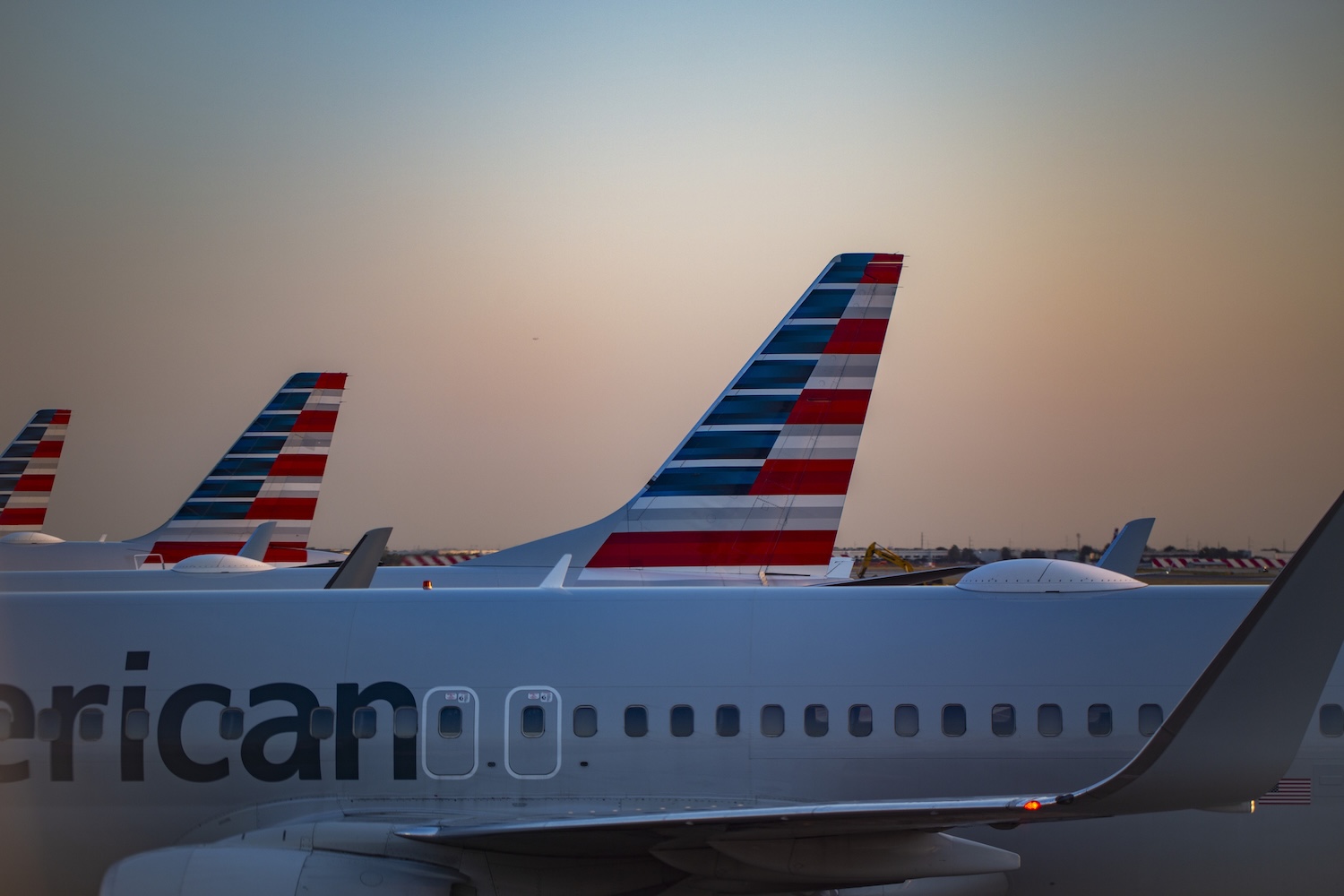Following recent U.S. military strikes on Iranian nuclear facilities, major global airlines have drastically altered their flight operations across the Middle East. According to Travel and Tour World, American Airlines, United Airlines, British Airways, and Singapore Airlines have suspended key routes. These carriers have also implemented flight path changes to ensure passenger safety. These urgent measures come in direct response to heightened security concerns, as tensions escalate between the United States, Iran, and Israel.
Aviation authorities worldwide have warned about potential risks to civil aircraft operating in the region, forcing airlines to take immediate action to protect travelers. The suspensions affect popular destinations, including cities in the Gulf such as Dubai and Doha, creating travel disruptions for thousands of passengers worldwide and reshaping global aviation routes.
Major Airlines Suspend Routes
American Airlines has temporarily halted all flights to Qatar, citing immediate security concerns linked to the escalating regional conflict. United Airlines quickly followed suit by suspending its daily service between Newark Liberty International Airport and Dubai, one of its most profitable Middle Eastern routes. These U.S.-based carriers acted in alignment with official safety advisories due to potential threats to American aircraft in the region.
British Airways took similar protective measures by canceling all flights to Dubai and Doha. The UK-based carrier has extended these cancellations indefinitely while offering affected travelers rebooking options or full refunds. Singapore Airlines also suspended its Singapore-Dubai service after conducting a comprehensive security review, prioritizing passenger and crew safety above operational concerns.
Flight Path Adjustments Create New Challenges
Beyond outright suspensions, many international airlines have implemented significant rerouting measures to avoid dangerous airspace. Carriers now avoid flying over Iran, Iraq, Syria, and Israel, instead opting for alternative flight paths via the Caspian Sea or through Egypt and Saudi Arabia.
These safety-driven detours create tangible impacts for travelers and airlines alike. The new routes increase flight durations, fuel consumption, and operational costs. Airlines must absorb these additional expenses while managing schedule disruptions and passenger expectations.





